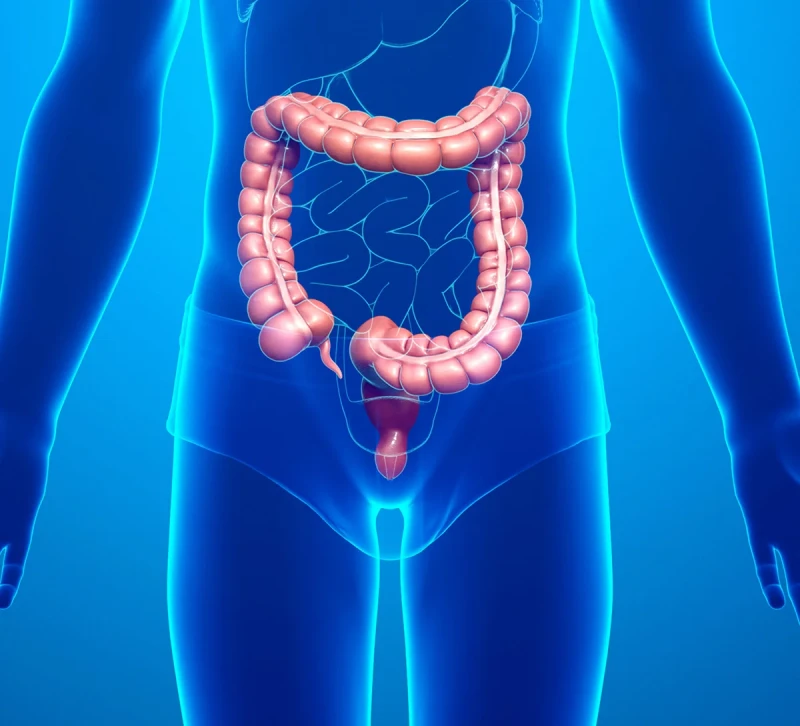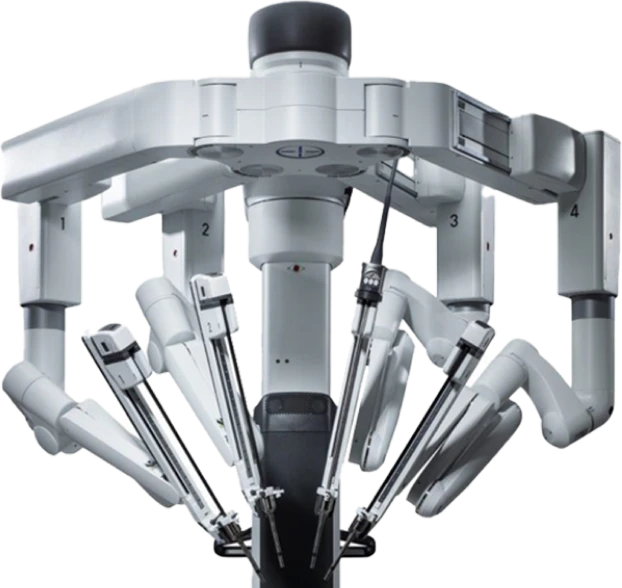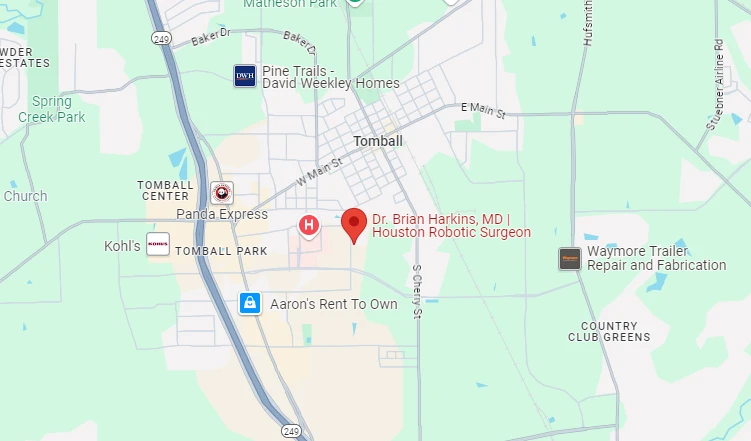At Dr. Brian Harkins’ practice, we understand that every patient’s needs are unique. That’s why we combine advanced robotic-assisted surgical techniques with a personal touch to treat many colon and rectal conditions. As a board-certified general surgeon who performs colon and rectal surgeries, Dr. Brian Harkins, MD, is dedicated to providing expert care that prioritizes precision, comfort, and lasting results.





Several colon and rectal diseases can require advanced surgical care, such as robotic colon removal surgery or colon cancer resection surgery. Conditions like Crohn’s disease, diverticulitis, rectal prolapse, and inflammatory bowel disease may necessitate partial or complete removal of the colon or rectum. For colon and rectal cancers, robotic colectomy offers a minimally invasive approach that improves outcomes while reducing recovery time.
While robotic surgery is highly effective for colon-related conditions, traditional surgical approaches are still the preferred method for treating certain rectal disorders, including rectal prolapse, anorectal conditions, pilonidal disease, and incontinence. Brian Harkins, MD, tailors each treatment plan to the patient’s condition, ensuring the most appropriate and effective surgical approach is used.
Extensive research highlights the benefits of robotic colorectal surgery over traditional methods. A PLOS ONE study on gastrointestinal surgery revealed that robotic procedures offer enhanced recovery, faster bowel function return, and shorter hospital stays. Patients also experience less pain, reduced blood loss, and fewer complications.
Robotic techniques, such as transanal endoscopic microsurgery and colorectal cancer surgery, use 3D imaging and advanced tools to improve precision. These methods benefit patients with cancers of the colon, rectal prolapse, and other complex colorectal conditions. While robotic colorectal surgery can take longer and cost more than traditional surgical care, it consistently provides better outcomes, improved quality of life, and faster recovery times.


Dr. Brian Harkins is a renowned surgeon specializing in advanced, minimally invasive, and robotic surgical techniques. With a dedication to innovation and personalized patient care, he has transformed countless lives by delivering exceptional outcomes.

I want a website like this, where do i start?